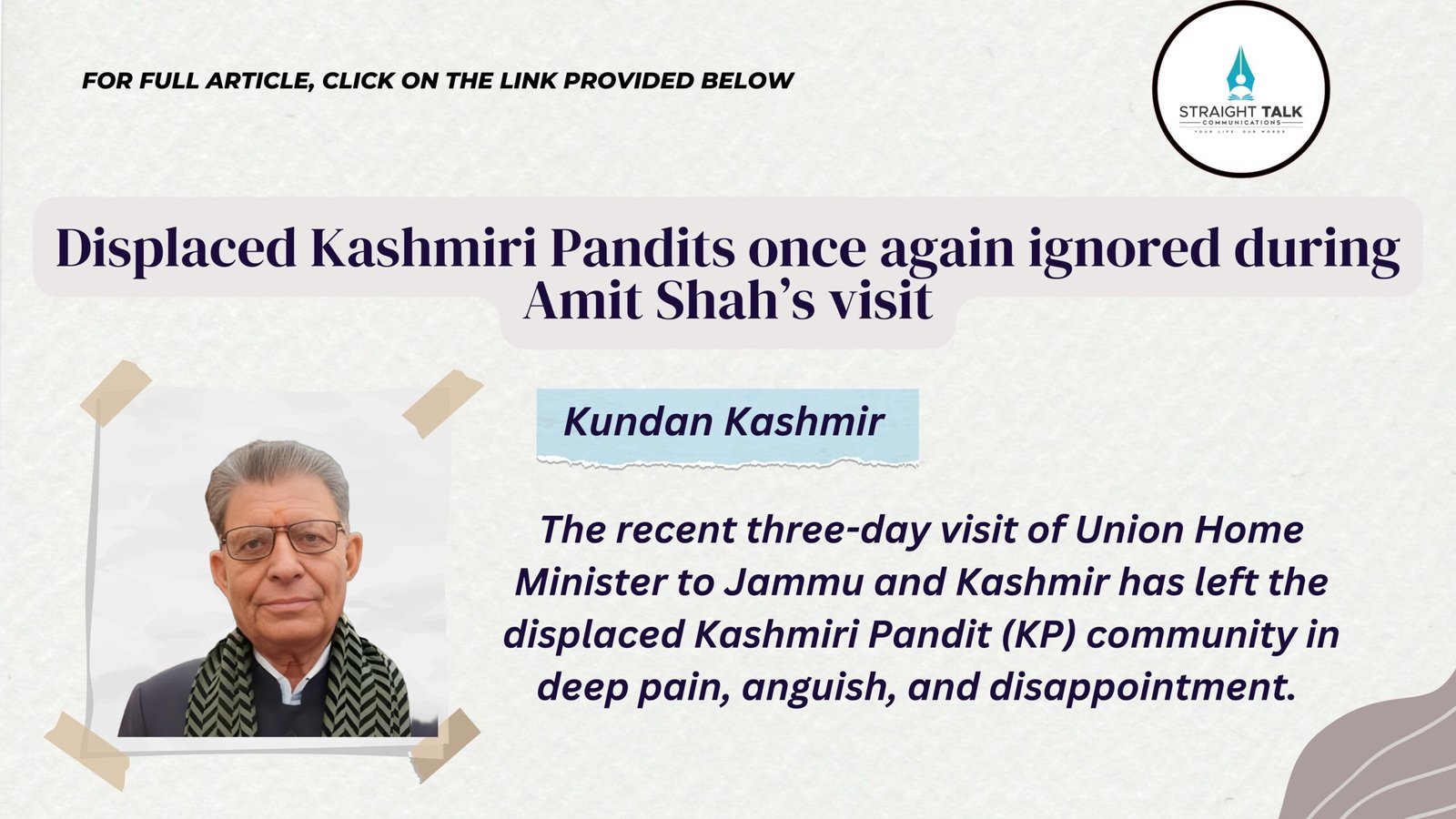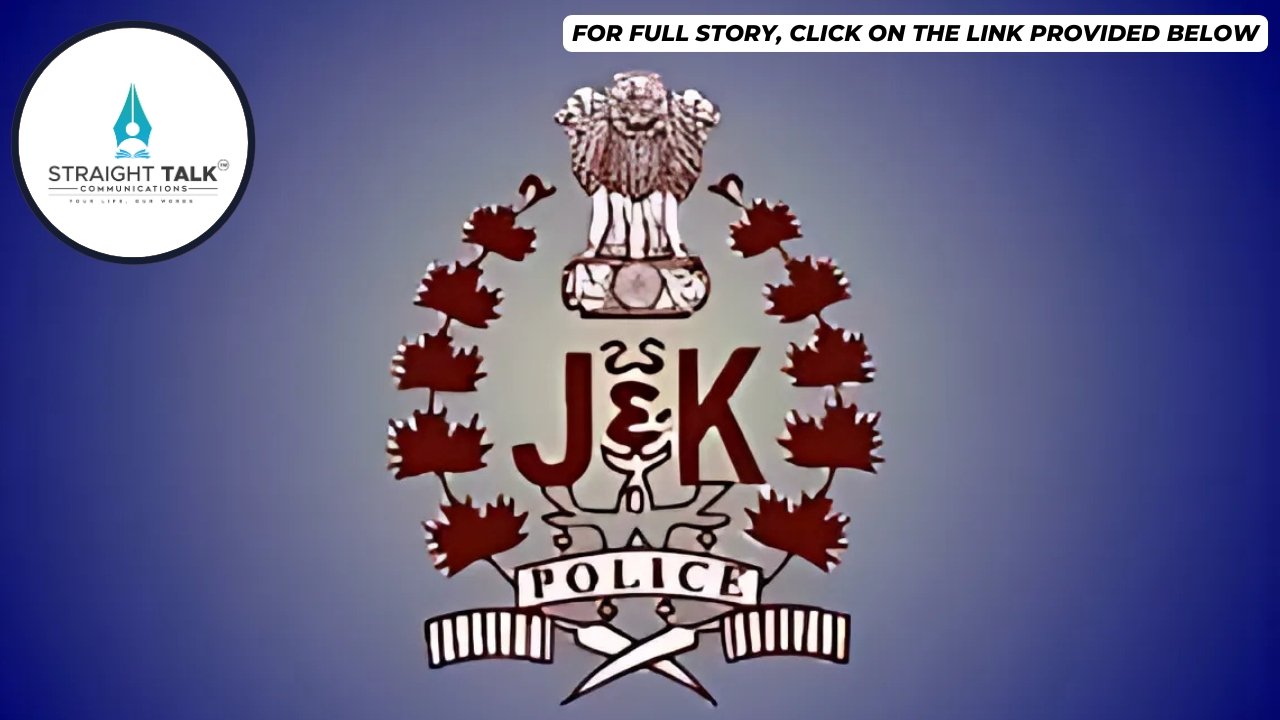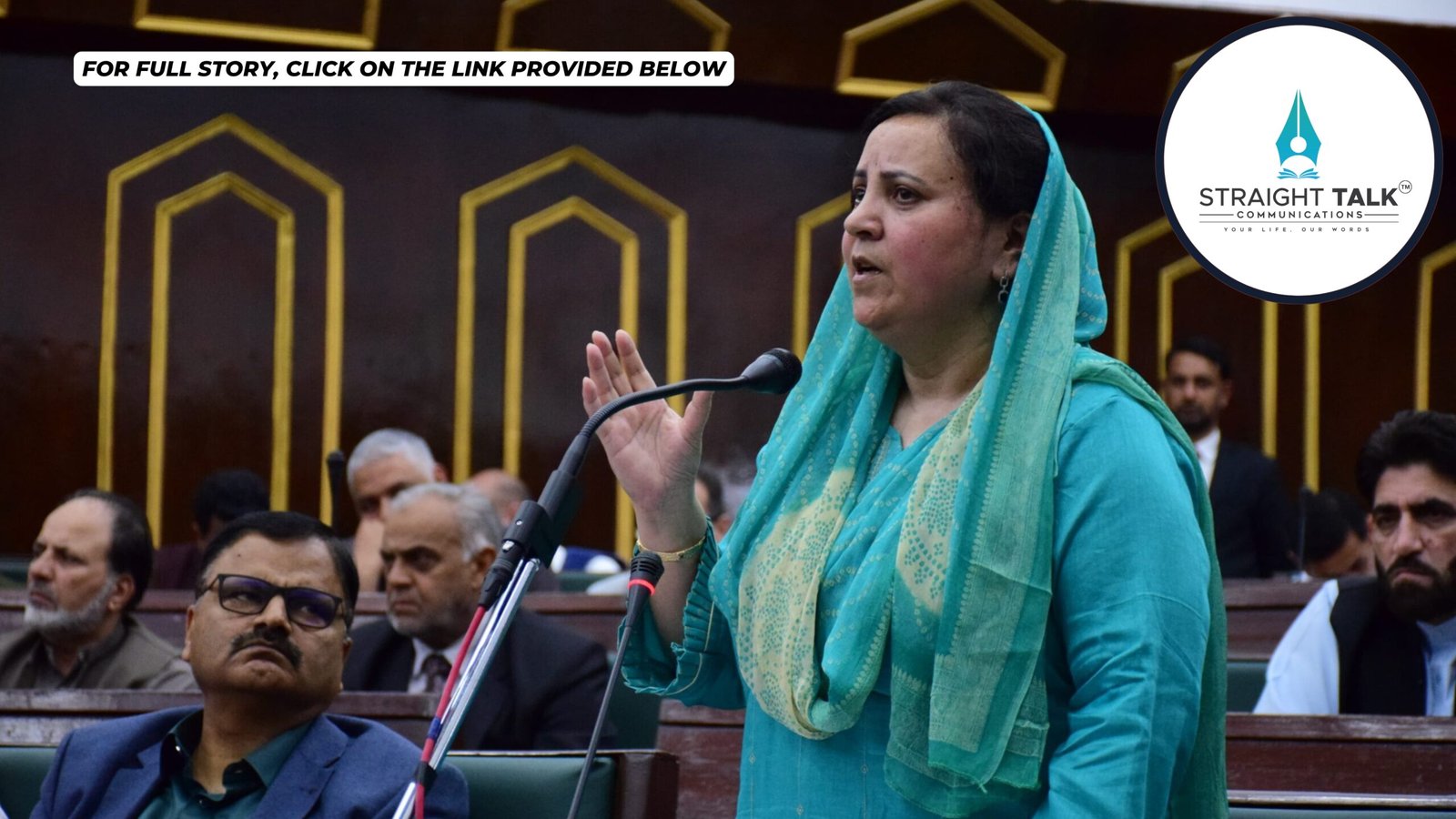Displaced Kashmiri Pandits once again ignored during Amit Shah’s visit

Kundan Kashmir
The recent three-day visit of Union Home Minister to Jammu and Kashmir has left the displaced Kashmiri Pandit (KP) community in deep pain, anguish, and disappointment. A community that has suffered immensely as the first and most direct victims of terrorism, Islamic extremism, and separatist violence in the Kashmir Valley, finds itself once again ignored, sidelined, and silenced—not even deemed worthy of a brief audience or representation during this high-profile visit.
Despite the BJP repeatedly claiming to be the well-wisher and guardian of Kashmiri Pandits, not a single delegation from the KP community was called upon or allowed to meet the Home Minister. This systematic exclusion of a community that has lived in exile for more than three decades is not just shocking—it is a gross injustice and a betrayal of democratic values.
Why are the displaced Kashmiri Pandits, who have given their everything for the nation, treated like second-class citizens in their own land? Why are their grave issues constantly ignored by the corridors of power? Why does the Prime Minister of India or the Home Minister never directly address the Kashmiri Pandit community about their future, their rights, and the roadmap ahead?
Is it our fault that we were driven out of our ancestral land—Kashyap Bhoomi—by the very forces of terror the government claims to fight? Is our loyalty, our nationalism, and our sacrifices not enough to be heard, acknowledged, and respected?
While we understand that rehabilitation in the Valley is a complex matter, there are multiple other burning issues that demand urgent attention:
1.Unemployment among KP youth and their exclusion from Central Government jobs.
2.No constitutional guarantee of indigenous status to Kashmiri Pandits in Kashmir despite being the original inhabitants.
3.Meager monthly relief of Rs. 3250, which is an insult to the economic dignity of our people, in spite of increasing the relief of poor victim Kashmiri pandit families, have been stopped at Delhi– NCR.
4.Inadequate housing for displaced KPs across cities like Jammu, Delhi, Pune, Chandigarh, and Bengaluru.
5.Dilapidated government quarters in Jagti, Nagrota, Muthi, Purkhoo, Baramulla and elsewhere that remain unrepaired and unlivable.
6.PM Package employees facing hardships without adequate housing, security, or support in newly built accommodations in Zewan and other locations.
7.No political representation in the J&K Legislative Assembly, Parliament, or decision-making think tanks of the country.
Why are those who have paid the heaviest price for their Indianness being treated as non-priority and non-essential? Why are we kept out of all major decisions, policies, and dialogues on the future of Jammu and Kashmir? How long must we wait to be heard, to be seen, and to be treated with justice and dignity?
This continued neglect is not just disappointing—it is dangerous. It signals to the community that despite 35 years of exile, sacrifices, and loyalty, we still have no space in the national conscience or political narrative.
I strongly urge the Government of India, the Bharatiya Janata Party, and all national political players to course-correct this grave wrong. Displaced Kashmiri Pandits must be given their rightful voice in the political, social, and legislative processes of Jammu and Kashmir. The Home Minister’s visit could have been a moment of healing. Instead, it became another chapter in the ongoing saga of isolation, pain, and political invisibility for Kashmiri Pandits.
Our community is dismayed, but not defeated. We will continue to speak, to demand, and to remind the nation of its responsibility toward the true sons and daughters of the Kashyap Rishi’s land—the exiled but not broken Kashmiri Pandits.
(The author is Kashmir Watcher & President Kashmiri Pandit Conference. The views expressed in the article are of the author and not of the Straight Talk Communications. )







